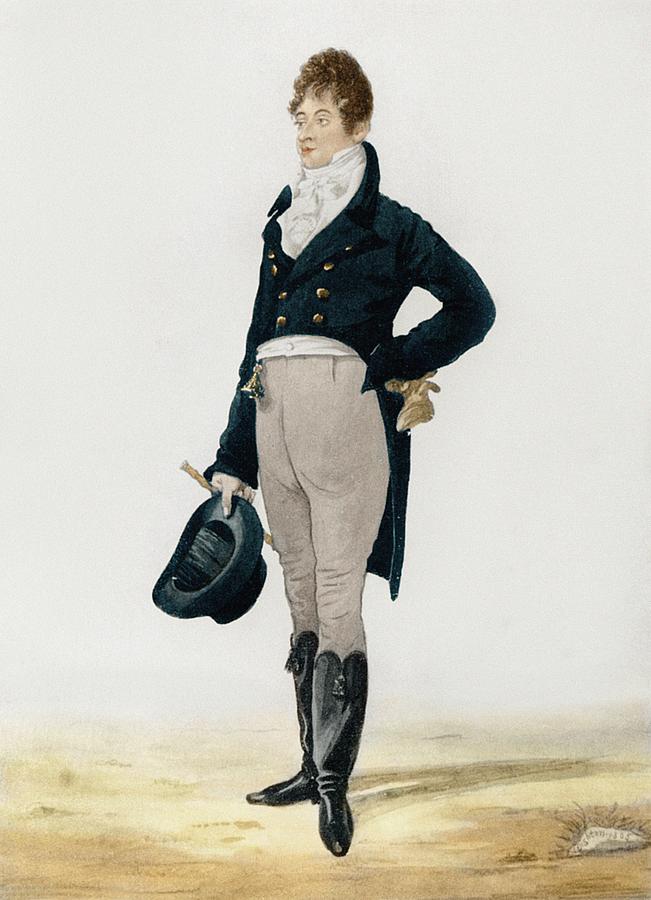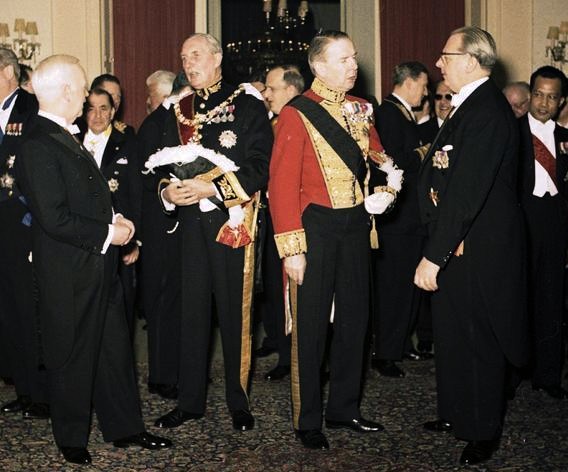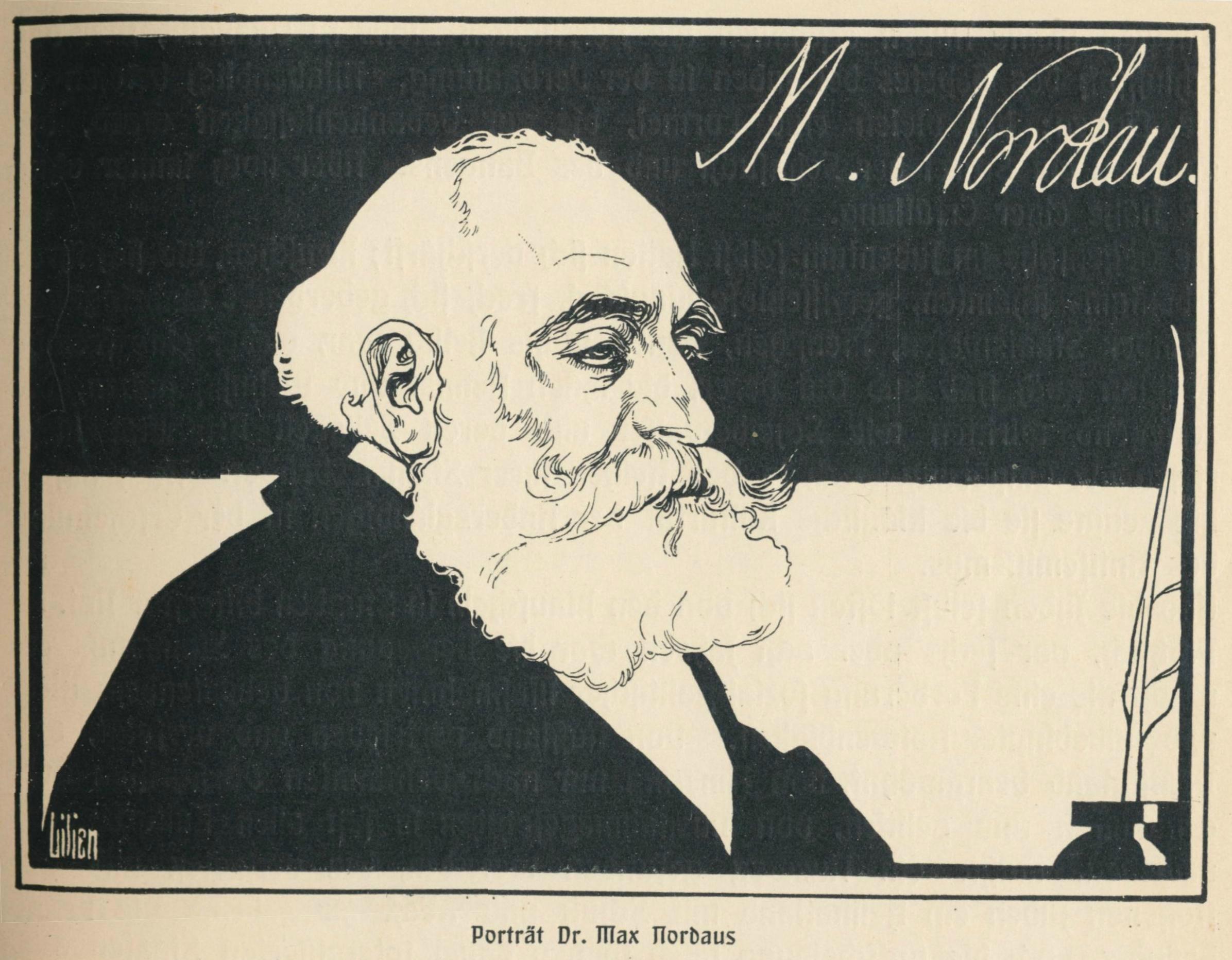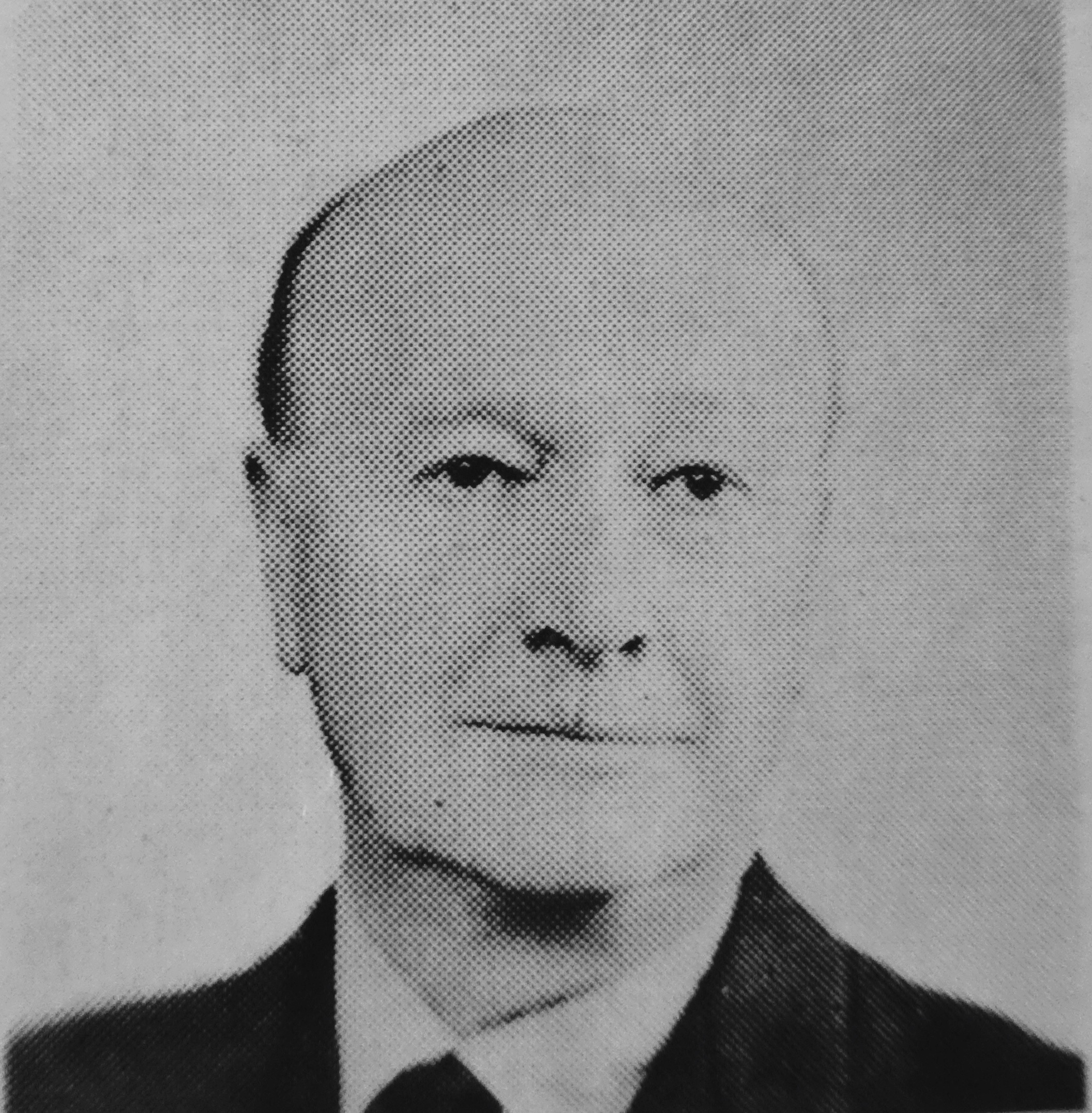|
1st Zionist Congress
The First Zionist Congress () was the inaugural congress of the Zionist Organization (ZO) held in the Stadtcasino Basel in the city of Basel on August 29–31, 1897. Two hundred and eight delegates from 17 countries and 26 press correspondents attended the event. It was convened and chaired by Theodor Herzl, the founder of the modern Zionism movement. The Congress formulated a Zionist platform, known as the Basel program, and founded the Zionist Organization. The conference was covered by the international press, making a significant impression. History The first Zionist Congress was convened by Theodor Herzl as a symbolic parliament for the small minority of Jewry in agreement with the implementation of Zionist goals. While Jewish majority indifference or opposition to Zionism would continue until after revelation of the Holocaust in World War II, some proponents point to several directions and streams of this early Jewish opposition. "Alongside the dynamic development ... [...More Info...] [...Related Items...] OR: [Wikipedia] [Google] [Baidu] |
THEODOR HERZL AT THE FIRST ZIONIST CONGRESS IN BASEL ON 25
Theodor is a masculine given name. It is a German form of Theodore. It is also a variant of Teodor. List of people with the given name Theodor * Theodor Adorno, (1903–1969), German philosopher * Theodor Aman, Romanian painter * Theodor Blueger, Latvian professional ice hockey forward for the Pittsburgh Penguins of the National Hockey League (NHL) * Theodor Burghele, Romanian surgeon, President of the Romanian Academy * Theodor Busse, German general during World War I and World War II * Theodor Cazaban, Romanian writer * Theodor Eicke, German SS general * Theodor Fischer (fencer), German Olympic épée and foil fencer * Theodor Fontane, (1819–1898), German writer * Theodor Geisel, American writer and cartoonist, known by the pseudonym Dr. Seuss * Theodor W. Hänsch (born 1940), German physicist * Theodor Herzl, (1860–1904), Austrian-Hungary Jewish journalist and the founder of modern political Zionism * Theodor Heuss, (1884–1963), German politician and publicist * ... [...More Info...] [...Related Items...] OR: [Wikipedia] [Google] [Baidu] |
Munich
Munich is the capital and most populous city of Bavaria, Germany. As of 30 November 2024, its population was 1,604,384, making it the third-largest city in Germany after Berlin and Hamburg. Munich is the largest city in Germany that is not a state of its own. It ranks as the 11th-largest city in the European Union. The metropolitan area has around 3 million inhabitants, and the broader Munich Metropolitan Region is home to about 6.2 million people. It is the List of EU metropolitan regions by GDP#2021 ranking of top four German metropolitan regions, third largest metropolitan region by GDP in the European Union. Munich is located on the river Isar north of the Alps. It is the seat of the Upper Bavaria, Upper Bavarian administrative region. With 4,500 people per km2, Munich is Germany's most densely populated municipality. It is also the second-largest city in the Bavarian language, Bavarian dialect area after Vienna. The first record of Munich dates to 1158. The city ha ... [...More Info...] [...Related Items...] OR: [Wikipedia] [Google] [Baidu] |
Tailcoat
A tailcoat is a knee-length coat (clothing), coat characterised by a rear section of the skirt (known as the ''tails''), with the front of the skirt cut away. The tailcoat shares its historical origins in clothes cut for convenient horse-riding in the Early Modern era. From the 18th century, however, tailcoats evolved into general forms of Morning dress , day and White tie , evening formal wear, in parallel to how the lounge suit succeeded the frock coat (19th century) and the justacorps (18th century). Thus, in 21st-century Western dress codes for men, mainly two types of tailcoats have survived: #Tailcoat#Dress coat, Dress coat, an evening wear item with a squarely cut-away front, worn for formal white tie #Tailcoat#Morning coat, Morning coat (or ''cutaway'' in American English), a day-wear item with a gradually tapered front cut away, worn for formal morning dress In colloquial language without further specification, "tailcoat" typically designates the former, that is the e ... [...More Info...] [...Related Items...] OR: [Wikipedia] [Google] [Baidu] |
Formal Dress
Formal wear or full dress is the Western dress code category applicable for the most formal occasions, such as weddings, christenings, confirmations, funerals, Easter and Christmas traditions, in addition to certain state dinners, audiences, balls, and horse racing events. When formal dress is required, generally permitted alternatives include the most formal versions of ceremonial dresses (including court dresses, diplomatic uniforms and academic dresses), full dress uniforms, religious clothing, national costumes, and most rarely frock coats (which preceded morning coat as default formal day wear 1820s-1920s). In addition, formal wear is often properly worn when displaying official full size orders and medals. The protocol specifying men's traditional formal wear has remained virtually unchanged since the early 20th century. Despite decline following the counterculture of the 1960s, it remains observed in formal settings influenced by Western culture: notably around Europe, t ... [...More Info...] [...Related Items...] OR: [Wikipedia] [Google] [Baidu] |
Front Cover Of The Official Protocol Of The First Zionist Congress Basel 1897
Front may refer to: Arts, entertainment, and media Films * ''The Front'' (1943 film), a 1943 Soviet drama film * ''The Front'', 1976 film Music *The Front (band), an American rock band signed to Columbia Records and active in the 1980s and early 1990s *The Front (Canadian band), a Canadian studio band from the 1980s Periodicals * ''Front'' (magazine), a British men's magazine * '' Front Illustrated Paper'', a publication of the Yugoslav People's Army Television * Front TV, a Toronto broadcast design and branding firm * "The Front" (''The Blacklist''), a 2014 episode of the TV series ''The Blacklist'' * "The Front" (''The Simpsons''), a 1993 episode of the TV series ''The Simpsons'' Military * Front (military), a geographical area where armies are engaged in conflict * Front (military formation), roughly, an army group, especially in eastern Europe Places * Front, Piedmont, an Italian municipality * The Front, now part of the Delaware Park-Front Park System, in Buffalo, ... [...More Info...] [...Related Items...] OR: [Wikipedia] [Google] [Baidu] |
Samuel Pineles
Samuel Pineles (; 23 July 1843, in Brody, Galicia, Austrian Empire – 1928, in Galați, Romania) was a Jewish Romanian philanthropist and Religious Zionist activist. He was the driving force behind the 1881 Romanian Zionist meeting in Focșani. He was the president and secretary of the Central Committee to Settle the Land of Israel and Syria and was active in Hovevei Zion in Romania. Samuel Pineles was born in shtetl of Brody in Galicia, the son of scholar and author Mendel Pineles. At age 17, their family settled in Galați, where Pineles was successful in business, contributing to the prosperity of the Galați port. He became one of the pillars of philanthropy in Romania's Jewish community. He helped settle refugees who fled the pogroms in the Russian Empire and later helped Jewish refugees fleeing the Soviet authorities. Pineles helped organize the immigration of Jews to the towns of Rosh Pina and Zichron Yaakov. After the advent of Theodor Herzl's Political Zionism, Pin ... [...More Info...] [...Related Items...] OR: [Wikipedia] [Google] [Baidu] |
Max Nordau
Max Simon Nordau (born Simon Maximilian Südfeld; 29 July 1849 – 23 January 1923) was a Hungarian Zionism, Zionist leader, physician, author, and Social criticism, social critic. He was a co-founder of the Zionist Organization together with Theodor Herzl, and president or vice-president of several Zionist congresses. In his younger years he was known as a social critic, writing ''The Conventional Lies of Our Civilisation'' (1883), ''Degeneration (Nordau), Degeneration'' (1892), and ''Paradoxes'' (1896). By 1913, Nordau was established as the earliest major critic of modernism. Although not his most popular or successful work while alive, ''Degeneration'' is the book most often remembered and cited today. Biography Simon (Simcha) Maximilian Südfeld (later Max Nordau) was born in Pest, Hungary, Pest, Kingdom of Hungary, then part of the Austrian Empire. His father, Gabriel Südfeld, was a rabbi, but earned his livelihood as a Hebrew tutor. As an Orthodox Jew, Nordau attended a Je ... [...More Info...] [...Related Items...] OR: [Wikipedia] [Google] [Baidu] |
The Jerusalem Post
''The Jerusalem Post'' is an English language, English-language Israeli broadsheet newspaper based in Jerusalem, Israel, founded in 1932 during the Mandate for Palestine, British Mandate of Mandatory Palestine, Palestine by Gershon Agron as ''The Palestine Post''. In 1950, it changed its name to ''The Jerusalem Post''. In 2004, the paper was bought by Mirkaei Tikshoret, a diversified Israeli media firm controlled by investor Eli Azur (who in 2014 also acquired the newspaper ''Maariv (newspaper), Maariv''). ''The Jerusalem Post'' is published in English. Previously, it also had a French edition. The paper describes itself as being in the Politics of Israel, Israeli political political center, center, which is considered to be Centre-right politics, center-right by Far-right politics in Israel, international standards; its editorial line is critical of political corruption, and supportive of the separation of religion and state in Israel. It is also a strong proponent of greater in ... [...More Info...] [...Related Items...] OR: [Wikipedia] [Google] [Baidu] |
Second Zionist Congress
The Second World Zionist Congress () met in Basel, Switzerland on 28 August 1898. and was the second meeting of the Zionist Organisation. The World Zionist Congress brought together delegates from across the world to raise funds, lobby support and create the institutions that would one day form the modern day Jewish State known as Israel, which was established in 1948. The Congress met every year from 1897 to 1901 (after which it met every two years, except during the years of the Second World War). The main focus of the Second Congress, as set out by its chair, Theodor Herzl, was to engage with Jewish communities in the diaspora and encourage them to adopt Zionism. The three day congress established the Jewish Colonial Fund (later called the Anglo-Palestine Bank) whose aim was to fund the successful migration of Jews to Palestine, as well as the establishment of a Committee on Culture. Other notable events of the congress were the presentation of an early prototype of the ... [...More Info...] [...Related Items...] OR: [Wikipedia] [Google] [Baidu] |
First World Zionist Congress Delegates
First most commonly refers to: * First, the ordinal form of the number 1 First or 1st may also refer to: Acronyms * Faint Images of the Radio Sky at Twenty-Centimeters, an astronomical survey carried out by the Very Large Array * Far Infrared and Sub-millimetre Telescope, of the Herschel Space Observatory * For Inspiration and Recognition of Science and Technology, an international youth organization * Forum of Incident Response and Security Teams, a global forum Arts and entertainment Albums * ''1st'' (album), by Streets, 1983 * ''1ST'' (SixTones album), 2021 * ''First'' (David Gates album), 1973 * ''First'', by Denise Ho, 2001 * ''First'' (O'Bryan album), 2007 * ''First'' (Raymond Lam album), 2011 Extended plays * ''1st'', by The Rasmus, 1995 * ''First'' (Baroness EP), 2004 * ''First'' (Ferlyn G EP), 2015 Songs * "First" (Lindsay Lohan song), 2005 * "First" (Cold War Kids song), 2014 * "First", by Lauren Daigle from the album '' How Can It Be'', 2015 * "First", by ... [...More Info...] [...Related Items...] OR: [Wikipedia] [Google] [Baidu] |
Nevill Barbour
Nevill Barbour (17 February 1895 – December 1972) was a BBC journalist and reporter who wrote about the Arab world. He was born in Eastbourne, England. He was the son of Sir David Barbour, who worked in the British bureaucracy in India. He served as the BBC correspondent in Palestine during World War II and after that returned to England, where he was appointed head of the Arab Department at the BBC. He was the editor of "The Arab Listener" published by the BBC. During the Algerian independence movement, Barbour helped in securing the transfer of media reporters from the Tunisian border to the combat units of the interior. In particular he worked with Djelloul Khatib. In April 1945, Barbour was one of three Christians (the others being Col. Newcombe and Ralph Beaumont MP) and three Jews ( Albert Montefiore Hyamson and Jewish Fellowship members Emile Marmorstein and Rabbi Dr Israel Mattuck) as well as three Muslims to draw up ''A Constitution for Palestine''. This was, accord ... [...More Info...] [...Related Items...] OR: [Wikipedia] [Google] [Baidu] |







